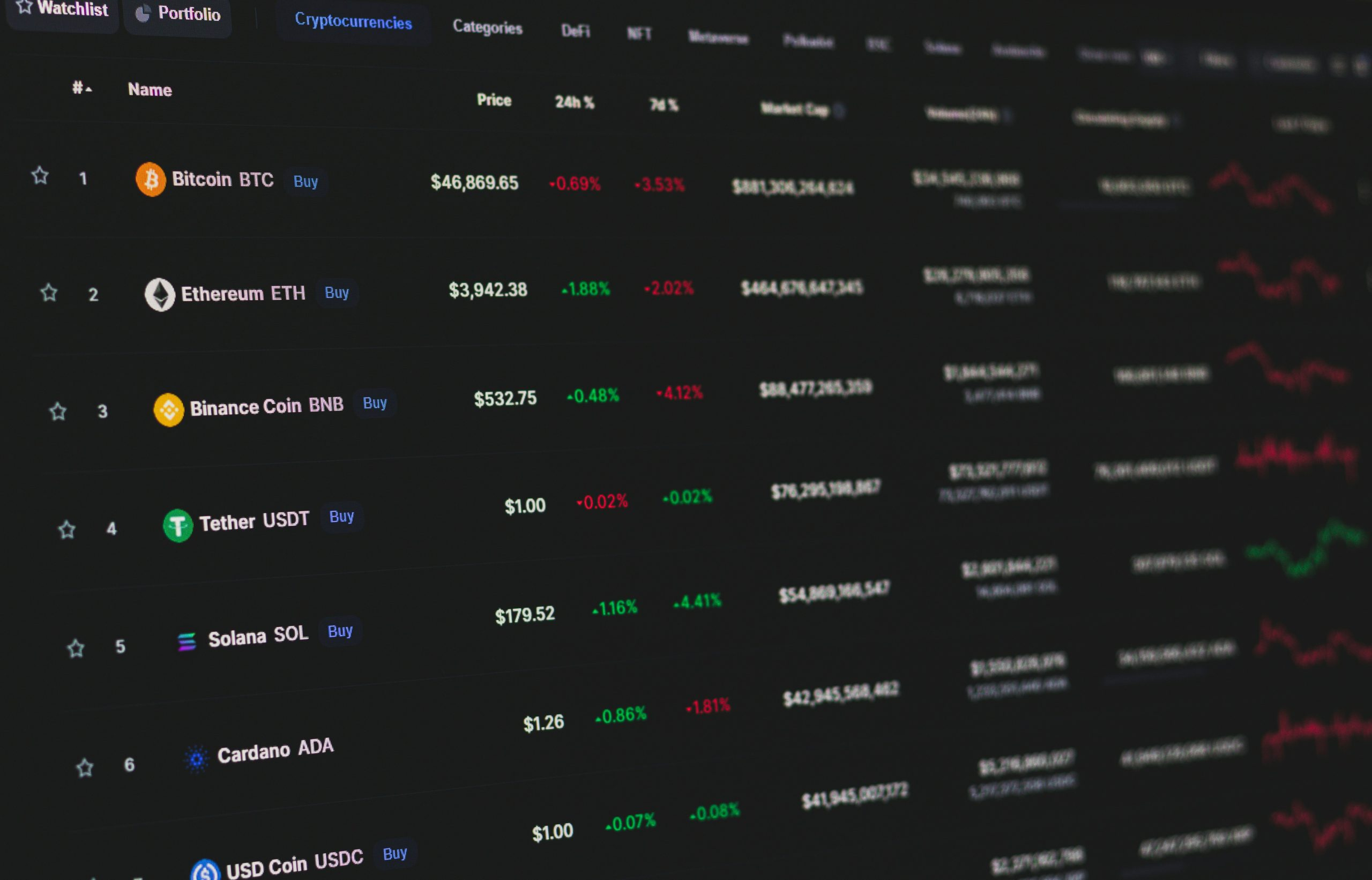Conflict Mineral Tracking: Blockchain Verifying Ethical Sourcing
In recent years, ethical sourcing has become an increasingly important topic for both consumers and companies. With a growing focus on sustainability and social responsibility, businesses are under pressure to ensure that their products are sourced and produced in an ethical manner. This is particularly true when it comes to conflict minerals, which are minerals that are mined in areas where there is ongoing armed conflict. To address this issue, many companies are turning to blockchain technology for conflict mineral tracking and verification. In this article, we will explore how blockchain is being used to verify ethical sourcing and the impact it is having on the global supply chain.
The Need for Ethical Sourcing in Conflict Mineral Trade
The mining and trading of conflict minerals, such as gold, tin, tantalum, and tungsten, have been linked to human rights abuses, environmental degradation, and funding of armed conflicts in countries like the Democratic Republic of Congo and Central African Republic. These minerals are used in various everyday products, including smartphones, laptops, and jewelry. As a result, companies in the tech, jewelry, and other industries have faced scrutiny for their sourcing practices and are seeking ways to ensure that their supply chains are free from conflict minerals.
The Challenges of Conflict Mineral Tracking
One of the biggest challenges in tracking conflict minerals is the complex and opaque nature of the global supply chain. Minerals often pass through multiple middlemen and are then used in various manufacturing processes before reaching consumers. This makes it difficult for companies to trace the origin of minerals and verify whether they have been ethically sourced. Additionally, the lack of transparency in the supply chain can make it difficult to detect any potential red flags or unethical practices.
Enter Blockchain Technology
Blockchain technology, most commonly associated with cryptocurrency, has been gaining traction in various industries for its potential to increase transparency and trust in transactions. The same principles that make it effective for securing financial transactions can also be applied to supply chain management.
How Blockchain Enables Ethical Sourcing
Blockchain is essentially a decentralized, digital ledger that records all transactions in a secure and transparent way. Each block in the chain contains a timestamp and a link to the previous block, making it virtually impossible for any data to be tampered with or altered retroactively. This makes it an ideal tool for tracking conflict minerals as it allows for a transparent and unchangeable record of a mineral’s journey from mine to end product.
Smart contracts, a self-executing code on the blockchain, can also be used to ensure that all parties involved in the supply chain follow ethical sourcing practices. For example, companies can set up contracts with their suppliers that require them to provide proof of ethical sourcing before any payment is made.
Real-World Examples of Blockchain for Conflict Mineral Tracking
Several companies and organizations have already implemented blockchain technology for conflict mineral tracking. One notable example is the Responsible Minerals Initiative, a coalition of companies across various industries, using blockchain to track the origin of minerals from the mine to the product. By creating a secure and unchangeable record of the mineral’s journey, companies can ensure that they are not unknowingly supporting conflict mineral trade.
Another example is Circulor, a company that uses blockchain to track cobalt, a mineral often linked to child labor, in the supply chain for electric vehicle batteries. Through the use of blockchain technology, they are able to trace cobalt from the mine to the battery, providing full transparency and accountability in the sourcing process.
The Future of Conflict Mineral Tracking with Blockchain
While blockchain technology is still in its early stages of adoption for conflict mineral tracking, it has the potential to revolutionize the way companies ensure ethical sourcing in their supply chains. With increased transparency and accountability, businesses can build trust with their customers and stakeholders and contribute to the eradication of conflict minerals in global trade.
The Impact on the Global Supply Chain
Not only does blockchain technology help companies in their efforts towards ethical sourcing, but it also has a wider impact on the global supply chain. By encouraging ethical practices and transparency, blockchain is bringing about a positive change in the way companies do business and is promoting responsible and sustainable practices in the long term.
In Conclusion
Conflict mineral tracking using blockchain technology has the potential to transform the global supply chain and contribute to a more ethical and sustainable future. By creating a transparent and unchangeable record of mineral sourcing, companies can enhance their credibility, build trust with stakeholders, and ultimately, help put an end to the trade of conflict minerals. As blockchain technology continues to evolve and be adopted by more businesses, it is sure to play a significant role in promoting ethical sourcing practices across industries.











